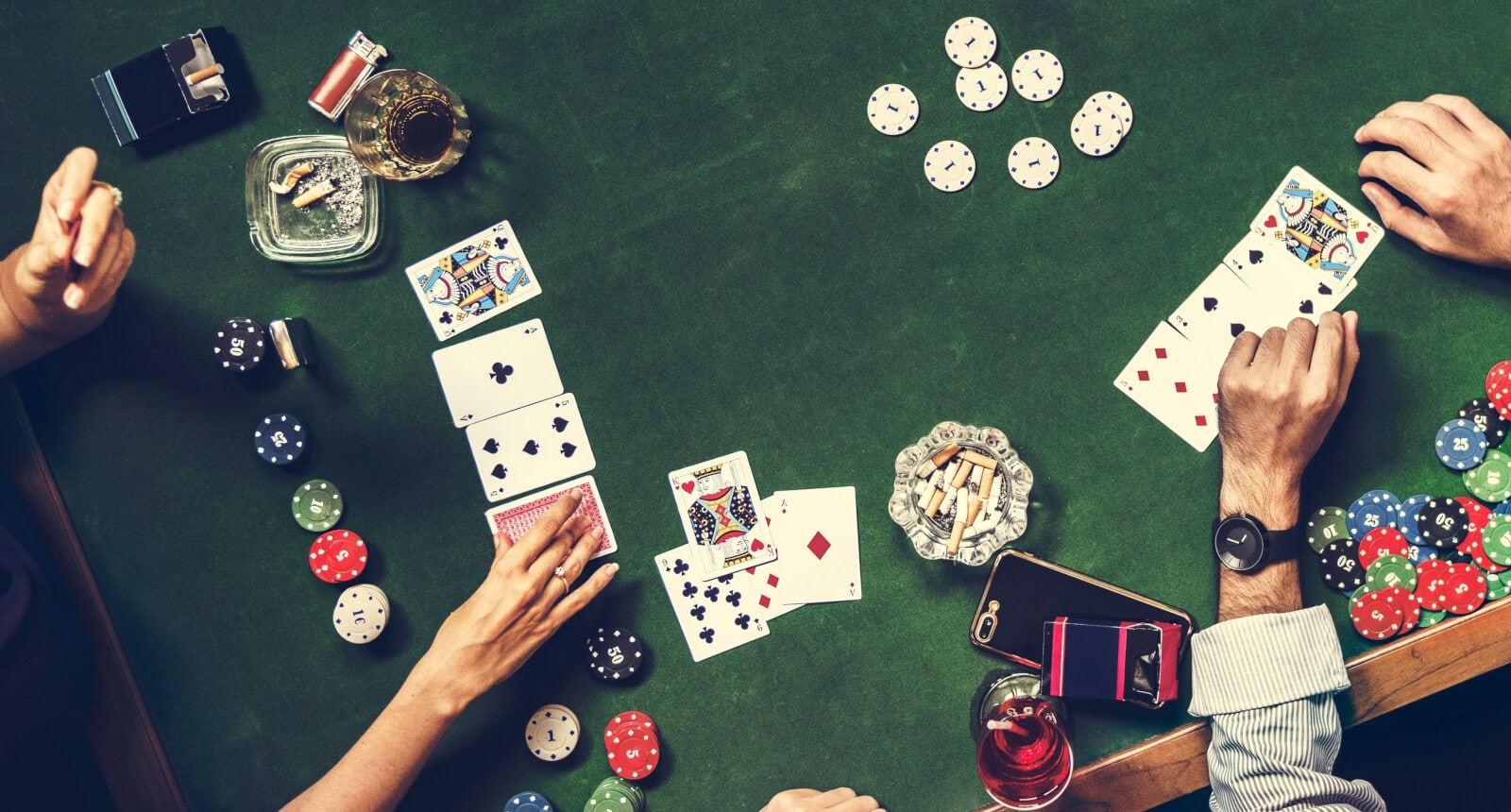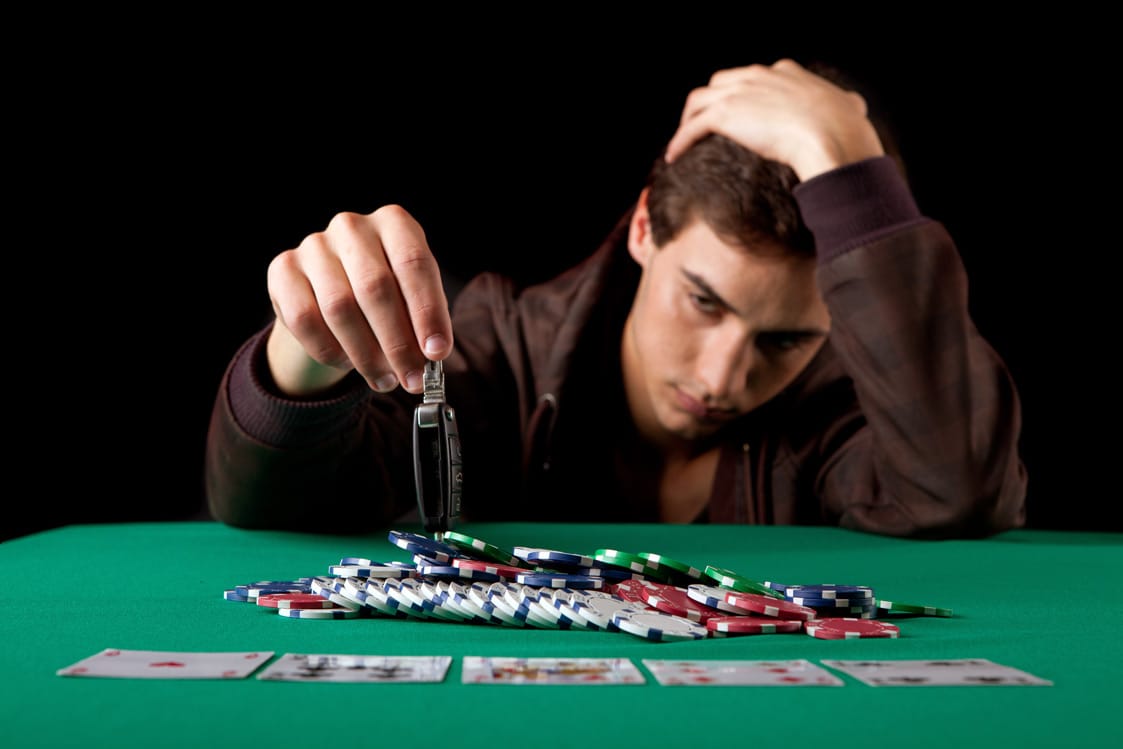Gambling addiction is a growing concern in society, with devastating effects on mental health. The allure of easy money and the excitement of winning can quickly spiral out of control, leading individuals down a path of financial ruin and emotional turmoil. The psychological impact of gambling addiction is profound, affecting not only the individual struggling with the addiction but also their loved ones.
From anxiety and depression to feelings of shame and guilt, the toll on mental health can be staggering. Understanding the complexities of this addiction and its repercussions is crucial in order to provide effective support and intervention for those affected.
In this article, we will delve into the intricate web of psychological effects that gambling addiction can have on mental health, shedding light on the dark realities of this pervasive issue.
Introduction: Understanding the Psychological Impact of Gambling Addiction

Gambling addiction is a serious issue that can have profound psychological effects on individuals. Understanding the psychological impact of gambling addiction is essential in order to provide appropriate support and interventions for those affected.
From feelings of guilt and shame to anxiety and depression, the mental health consequences of compulsive gambling can be devastating. Research has shown that the thrill of winning can trigger the brain’s reward system, leading to a cycle of compulsive behavior that is difficult to break.
It is important for individuals struggling with gambling addiction to seek help and to have access to resources that can help them overcome their addiction and improve their overall well-being. By exploring the psychological impact of gambling addiction, we can gain a better understanding of how to effectively support those in need.
Behavioral Changes: How Gambling Addiction Affects Mental Health

Gambling addiction can have a profound impact on mental health, leading to a range of behavioral changes that can be both subtle and dramatic. As individuals become increasingly consumed by their addiction, they may exhibit symptoms such as heightened anxiety, mood swings, irritability, and even depression.
These changes can manifest in various aspects of their daily lives, affecting relationships with friends and family, job performance, and overall well-being. Individuals struggling with gambling addiction may also experience feelings of guilt, shame, and self-loathing as they struggle to control their impulses.
The constant cycle of wins and losses can create a sense of euphoria followed by crushing disappointment, perpetuating a dangerous pattern of behavior that can be difficult to break. In some cases, individuals may resort to lying, stealing, or other unethical behaviors to fuel their addiction, further eroding their mental health and overall stability.
Emotional Consequences: The Toll of Gambling Addiction on Psychological Well-Being

The toll of gambling addiction on psychological well-being is often underestimated, as the emotional consequences can be devastating. Individuals struggling with a gambling addiction may experience intense feelings of guilt, shame, anxiety, depression, and even thoughts of suicide.
The constant cycle of gambling, winning, and losing can lead to a rollercoaster of emotions that take a serious toll on mental health. Relationships with loved ones can also suffer as a result of the emotional turmoil caused by the addiction. Seeking help and support is crucial in order to address the psychological impact of gambling addiction and begin the journey toward recovery and healing.
Conclusion
In conclusion, it is evident that gambling addiction can have a profound impact on an individual’s mental health. From heightened levels of stress and anxiety to depression and even thoughts of suicide, the consequences of this compulsive behavior are far-reaching. Seeking help from professional therapists and support groups can be crucial in addressing the underlying issues that contribute to gambling addiction.
It is important for individuals struggling with this condition to recognize the detrimental effects it can have on their overall well-being and to take necessary steps toward recovery. By understanding the risks associated with gambling and seeking help when needed, individuals can begin to regain control over their lives and work towards a healthier future. Remember, real money roulette online can be tempting, but prioritizing mental health and well-being should always be the top priority.




